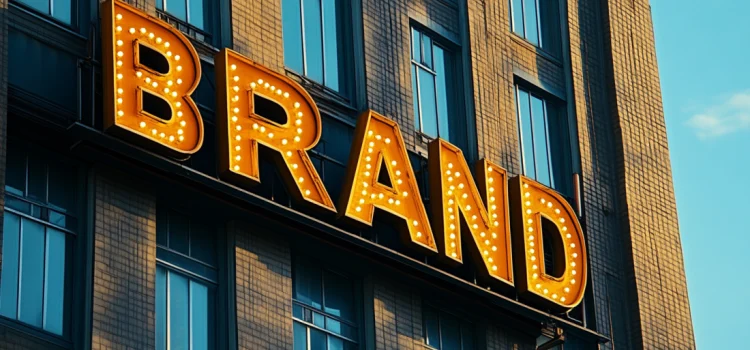What’s the best ADHD emotional dysregulation treatment? Why is emotional regulation hard for people with ADHD? People with ADHD often struggle to regulate their emotions. This means that if you have ADHD, you might find it harder than the average person to recognize the feelings you’re experiencing and moderate their strength. Continue reading to learn how acknowledging your feelings can help you react appropriately in overwhelming situations.
Emotional Dysregulation Treatment for ADHD (Phil Boissiere)










